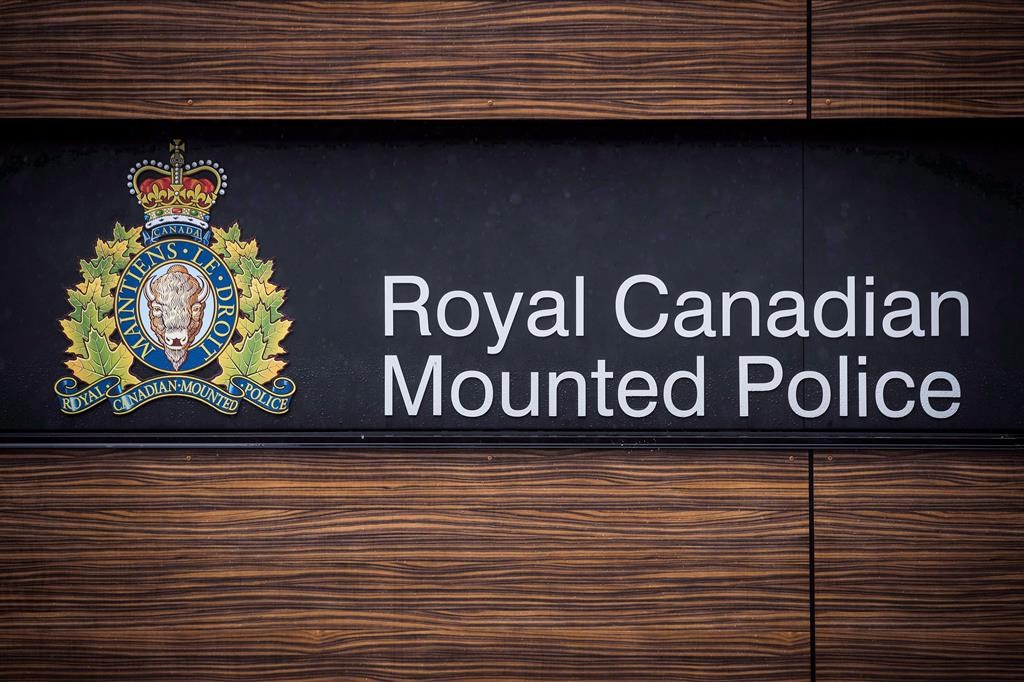The RCMP has apologized for a tweet commemorating Orange Shirt Day that failed to acknowledge how Indigenous children were in many cases forced to attend residential schools.

The post, published Wednesday morning, featured a photo of RCMP employees wearing orange to “honour and remember Indigenous children who were sent away to residential schools.”
The language used prompted a backlash.
“‘Sent away’ COME ON. They were taken, kidnapped, ripped from their families (and) communities,” one commenter said.
Others pointed out that it was the RCMP who removed children from their parents and culture in some cases. They were designated “truant officers” under the Indian Act — responsible for enforcing attendance in the residential school system.
“There’s a lot of residential school survivors, as well as children and grandchildren and great grandchildren of residential school, and they’re living the trauma of residential schools, so the language that the RCMP uses is really important,” said Lynn Gehl, a writer and Indigenous human rights advocate who is Algonquin Anishinaabe.
Orange Shirt Day was established in 2013 to acknowledge the legacy of Canada’s residential school system and honour survivors. The date, Sept. 30, aligns with the time of year that children were separated from their families to attend the institutions.

Though government-supported residential schools date back to the late 19th century, they existed in Canada until very recently, with the last one closing in 1996. The 2015 Truth and Reconciliation Commission report found the system amounted to “cultural genocide.” There was widespread abuse and a disproportionate number of students died, some buried in unmarked graves.
The effects of the trauma have reverberated through generations of First Nations, Inuit and Metis communities.
“While the institutions may have closed their doors, the effects of (residential school) still live on in the minds and the hearts and bodies of Indigenous people,” said Gehl.
The police force formally apologized for the RCMP’s role in residential schools in 2004 and 2014, as well as to the families of missing and murdered Indigenous women and girls two years ago.
In apologizing for the Orange Shirt Day tweet, the police force said it used “language that lessens the tragedy of Indigenous children removed, sometimes forcibly, from their families and communities.”
“They were taken, not “sent away.” We regret the language used and the hurt this has caused.”
Speaking broadly, Gehl said Indigenous people have been dealing with apologies for a long time — and she doesn’t accept them any more.
“Apologies have become meaningless without practical, concrete change,” Gehl said, adding that the Truth and Reconciliation Commission recommendations have implications for policing.
“We are asking for reconciliation and we’re asking for the elimination of systemic racism in all of Canada’s practices and policies and laws.”
- Life in the forest: How Stanley Park’s longest resident survived a changing landscape
- ‘Love at first sight’: Snow leopard at Toronto Zoo pregnant for 1st time
- Carbon rebate labelling in bank deposits fuelling confusion, minister says
- Buzz kill? Gen Z less interested in coffee than older Canadians, survey shows




Comments